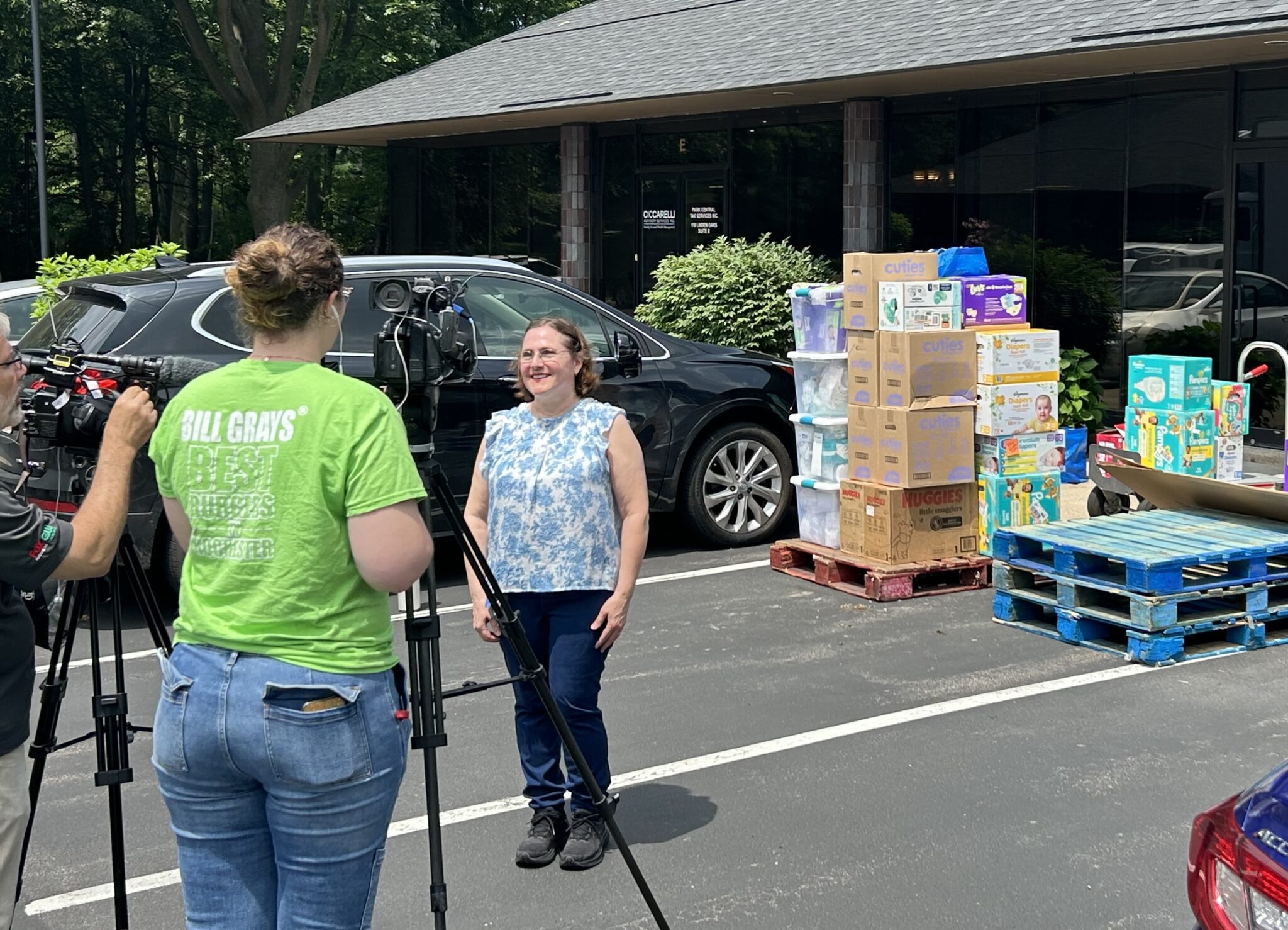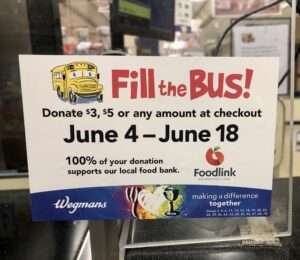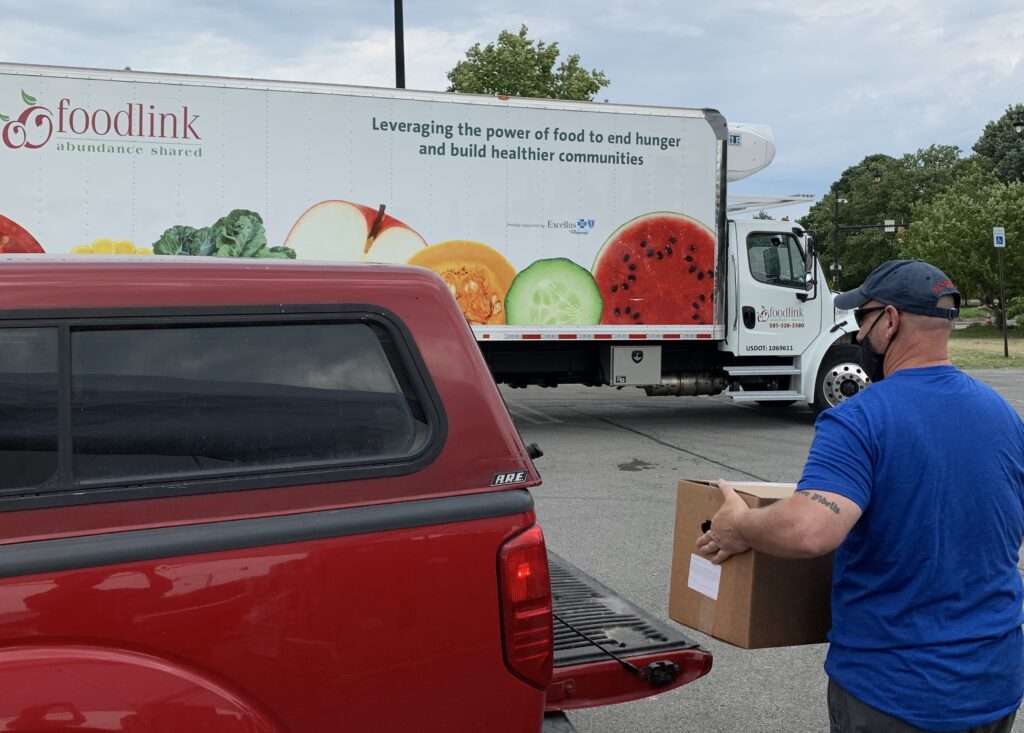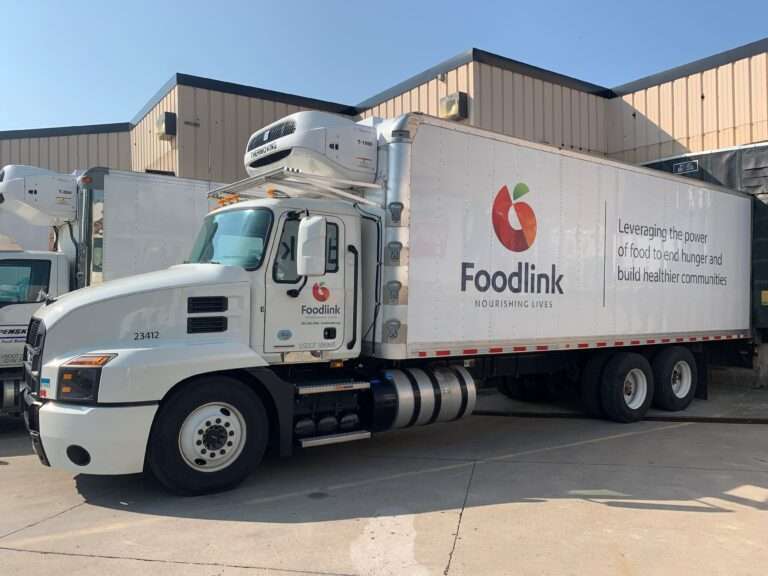A new report released Tuesday by the NYHealth Foundation analyzes food insecurity’s impact on public health, and provides policy recommendations in an effort to improve food security and health going forward.
Among the key findings:
- Connections between food and health: 21% of food-insecure individuals delay or skip medical care, and 13% delay or do not purchase prescription medication.
- Barriers to healthy eating: For a majority of food-insecure individuals, transportation is, at least sometimes, a barrier to getting the food they need.
- Tradeoffs and coping strategies: Approximately half of food-insecure individuals eat less to stretch the food that they can afford.
- Public Benefits Programs: Among food-insecure New Yorkers, more than a quarter (28%) did not participate in any emergency or food benefits program such as the Supplemental Nutrition Assistance Program (SNAP) or the Special Supplemental Nutrition Program for Women, Infants, and Children (WIC) in the last 12 months.
The report comes on the heels of Feeding America’s latest “Map the Meal Gap” report, which uses data from 2020 to determine food-insecurity rates in every county throughout the nation. This report goes deeper into why households experience food insecurity, using survey responses from more than 1,500 New Yorkers with lived experience in late 2021.
“When crafting policy, there is no substitute for listening to the voices of those directly affected,” the report stated.
The report also acknowledged the recent rising cost of food and its impact on food insecurity. “Since this survey was administered, food, gas prices, and inflation have risen drastically, making the situation likely even more dire than presented in this report.”
The report recommended several policy solutions, including:
- Improve outreach and participation in federal nutrition programs such as SNAP & WIC, and easing application and recertification burdens associated with each.
- Implement Universal School Meals statewide.
- Permanently extend the P-EBT program to support families in the summer, when school meals are no longer accessible.
- Advocating for “Food is Medicine”-type programs to be eligible for Medicaid reimbursement.
The read the report in its entirety, visit the NYHealth Foundation’s website.






